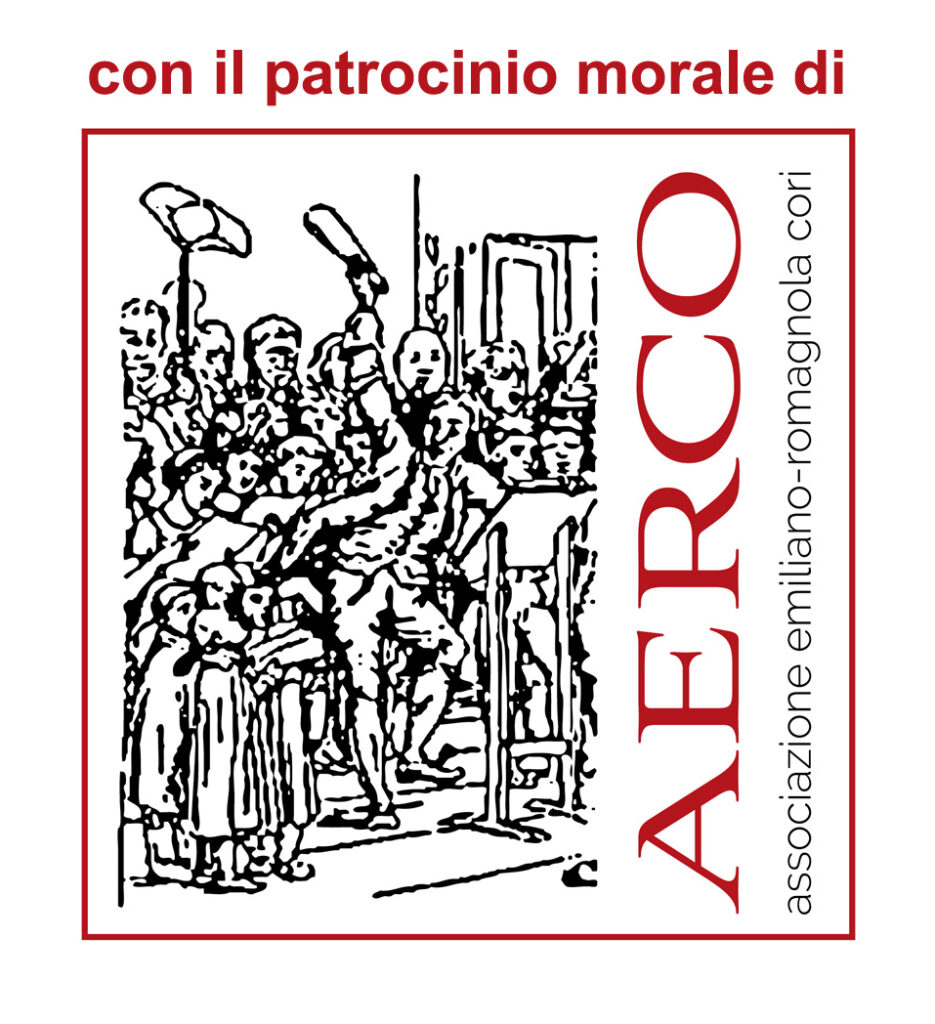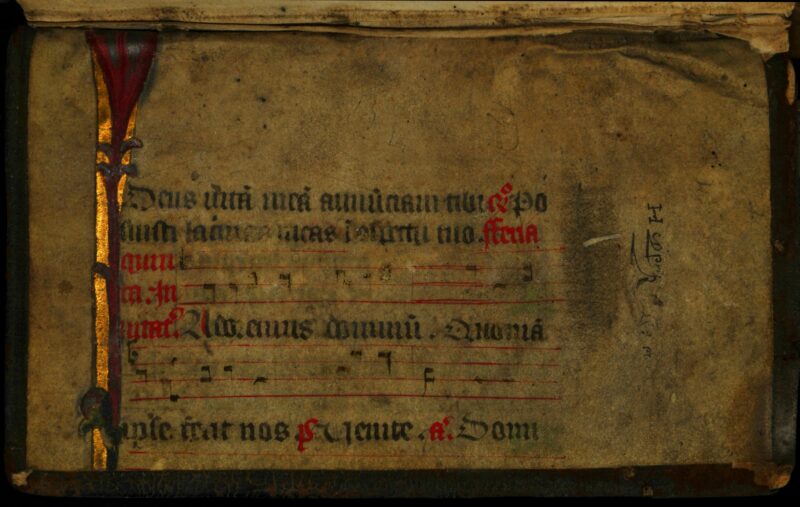This masterclass offers basic and more advanced vocal technique required from a chorister involved in the field of sacred and liturgical music.
Basic musical knowledge would be considered an asset but not mandatory.
This course is intended for choristers and choir masters involved in the field of sacred and liturgical choral music. Basic musical knowledge would be considered an asset but not mandatory.
This masterclass will be delivered by Prof. Catharina Scharp (AERCO Academy Bologna, freelance voice teacher) as follows:
| Date | Session |
| Monday 13th October 2025* from 6:00pm – 9:00pm | Session 1 |
| Tuesday 14th October 2025* from 6:00pm – 9:00pm | Session 2 |
*Previously, these sessions were combined into a single session held on 11th October 2025, from 9:00am to 4:00pm.
All participants in this course will receive a certificate of attendance (AFF Level 3) issued by the Pastoral Formation Institute in collaboration with the Academy of Sacred Music Francesco Azopardi and AERCO Academy (Bologna).


















